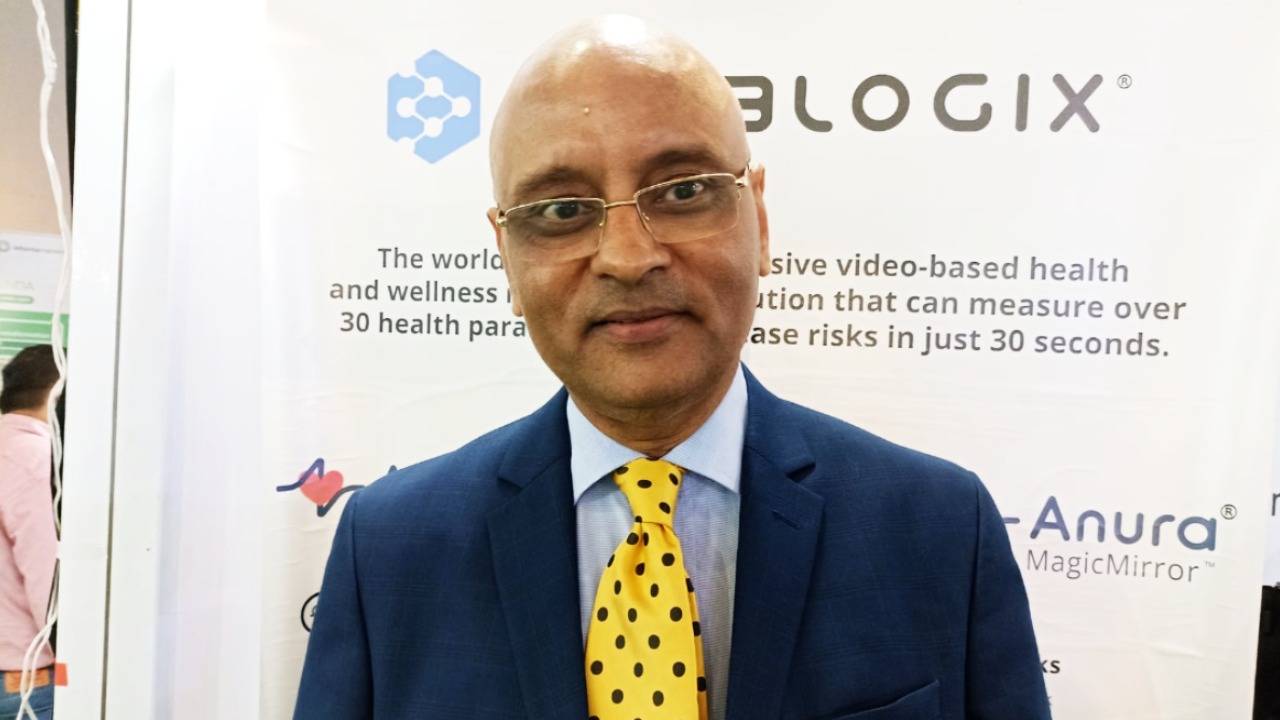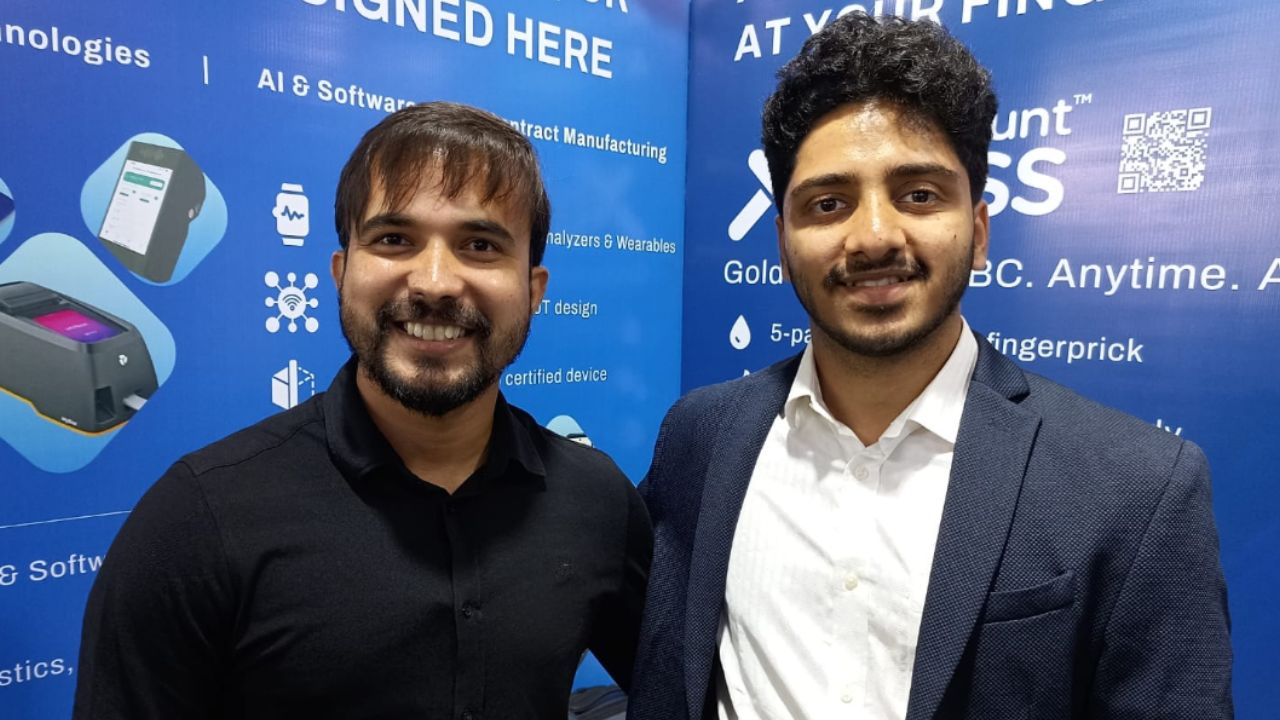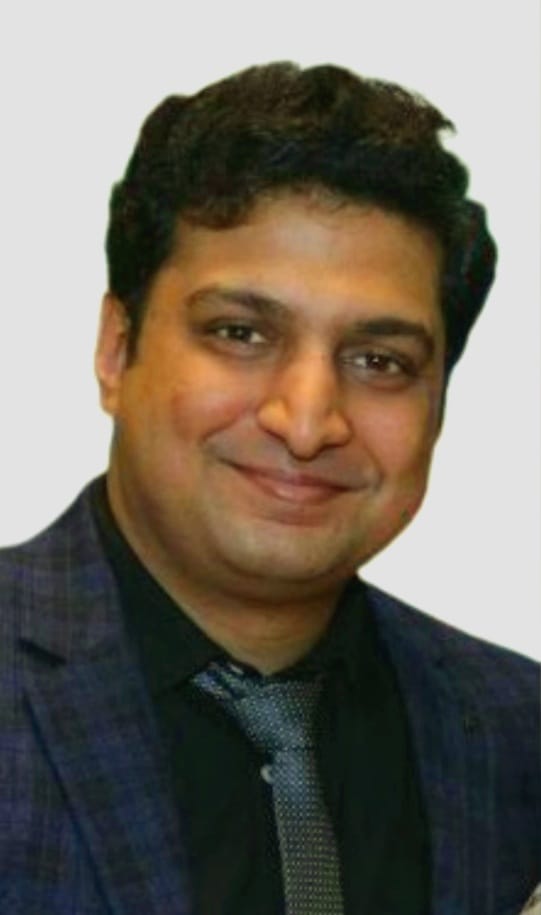NanoHealth, a pioneering force in healthcare, has developed an award-winning chronic disease management solution. This unique approach integrates technology with health coaching to effectively address conditions such as Diabetes, Hypertension, Cholesterol, and Thyroid, among others. By delivering these services directly to the doorstep, NanoHealth offers a comprehensive solution for individuals with chronic conditions.
Through a combination of technology and personalized health coaching, NanoHealth empowers individuals to make significant lifestyle, behavioral, and clinical changes, ultimately enhancing their quality of life. This human touch aspect of health coaching plays a crucial role in providing support throughout the journey of managing chronic conditions.
Moreover, NanoHealth is spearheading a transformative shift in India’s healthcare landscape. It aims to transition from a reactive and fragmented system to a proactive and continuous one, placing the user at the center of the healthcare ecosystem.
Notably, NanoHealth received the prestigious Hult Prize in 2014. Since then, it has positively impacted over 70,000 lives within communities and corporate settings, significantly improving health outcomes and overall quality of life.
Dr. Rahul Verma, Chairman and Co-founder of NanoHealth, emphasized the company’s commitment to delivering comprehensive healthcare solutions. In an exclusive interaction with The Interview World, he discussed NanoHealth’s initiatives to democratize access to healthcare services. Additionally, he shared insights on the burgeoning health tech market in India and envisioned future technological transformations in the sector. Here are the key highlights from his interview.
Q: How does NanoHealth contribute to the healthcare space, and what are its primary activities within the industry?
A: We are NanoHealth, and our primary focus is ensuring good health through our flagship product, Assurance by NanoHealth. We aim to prevent avoidable hospitalizations by delivering reliable health assurance. As a truly digital health tech company, we harness the power of digital data to proactively manage people’s health and wellness through risk stratification.
For instance, consider the scenario where individuals undergo annual health checkups, whether for insurance purposes or as part of corporate wellness programs. Unfortunately, in many cases, these checkups don’t lead to further action.
To address this gap, we gather health data from various sources such as annual checkups, screenings, and medical devices like BP monitors or point-of-care devices. Utilizing AI and ML algorithms, we analyze this data to identify potential health risks such as diabetes, hypertension, or cardiovascular diseases.
Once we’ve identified these risks, we leverage technology and personalized human interventions to encourage individuals to take proactive steps towards improving their health. By combining data-driven insights with proactive, personalized, and coordinated care, we’ve successfully transformed corporate and employee wellness programs in numerous organizations. This holistic approach is at the core of what we do at NanoHealth.
Q: How does your product’s special program cater to both corporate entities and their employees while addressing the needs of individuals without access to medical facilities?
A: I believe the second part of our journey began as a public health company. In 2014, NanoHealth achieved a significant milestone by winning the prestigious Hult Prize, sponsored by the Hult International Business School and presented by Bill Clinton. Our mission was to tackle non-communicable diseases among the underprivileged population. Leveraging technology and an integrated approach, we implemented risk stratification to efficiently manage their health despite limited resources.
Several published papers have documented our efforts, demonstrating the effectiveness of our approach. Specifically, we’ve successfully recalibrated risk classification criteria for diseases like diabetes and hypertension, leading to substantial improvements in these conditions within the target population.
We have designed the platform to cater to the needs of the underprivileged. However, sustaining it financially requires support, whether through corporate social responsibility initiatives or government funding. Our commitment to public health has been extensive, reflecting our dedication to making a tangible difference in society.
Q: What are the current trends and challenges shaping the Indian health tech industry?
A: We can notice the overuse of the term “truly digital” in discussions about health technology. However, its actual implementation is still in its infancy. For instance, while 99.9% of health records in the US are digital, in India, the figure is much lower, hovering around 10% to 20%. This significant gap underscores the limited penetration of digital health in India.
The government has initiated efforts to address this gap, such as the Ayushman Bharat Digital Mission (ABDM). This initiative aims to establish a health ID similar to Aadhaar, which could potentially catalyze digitization efforts. Yet, progress depends on future governmental support and action.
Another hurdle is the reluctance of stakeholders, including providers, hospitals, and clinics, to invest in digital health platforms. This financial resistance poses a significant challenge to the widespread adoption of digital solutions.
Moreover, there’s a tendency for different entities to tackle isolated segments of healthcare challenges through technology. Whether it’s patient engagement, hospital management systems, chronic disease management, or remote patient monitoring, companies address each aspect independently, creating disjointed systems.
Recognizing these challenges, there’s a need to integrate disparate elements of the healthcare value chain onto unified platforms. NanoHealth aims to bridge these gaps by amalgamating various healthcare systems into a cohesive solution, thereby maximizing impact and efficiency.
Q: How might the completion of digital transformation in healthcare revolutionize the experiences and outcomes for the general population?
A: As digital transformation gains momentum within India’s healthcare sector, the prospect of improved accessibility emerges prominently. At present, tier-one cities witness the concentration of healthcare resources and expertise, creating a significant accessibility gap for those residing in tier-two or tier-three cities, villages, and rural areas.
However, with the integration of digital technologies, such as telemedicine and remote monitoring, the landscape of healthcare delivery will witness a profound shift. Successful pilots and examples already demonstrate the potential for digital platforms to bridge the geographical divide, connecting individuals in remote locations with essential healthcare services.
This transformative process promises to empower individuals living in underserved areas by granting them access to medical expertise and resources previously out of reach. Consequently, the expansion of digital healthcare solutions holds the promise of not only enhancing accessibility but also revolutionizing healthcare delivery throughout the nation.
Q: What factors are impeding the rapid adoption of digital healthcare solutions?
A: Initially, health tends to be overlooked until illness strikes, with many individuals not prioritizing it currently. Although some discuss health matters, this remains a minority perspective. For instance, basic health issues like mobility often go unaddressed until a severe illness is diagnosed. However, there’s a noticeable shift occurring, particularly in urban locales. Residents of cities are showing a greater inclination towards prioritizing their health and taking proactive steps to maintain it.
This change is significant as it indicates a growing awareness and concern for well-being. Over time, this trend will permeate rural areas as well, albeit gradually. Ultimately, fostering a culture of proactive health management is crucial for broader societal well-being, ensuring that individuals can lead healthier, more fulfilling lives.









